 Shutterstock
ShutterstockA Harvard psychologist recently declared that dogs are likely to relive their experiences with humans when they dream. Those yips and kicks we see are their reactions to pleasing or annoying us in dreamland. It can leave lasting emotional scars if they do not get enough of our time or that time is marred by unwarranted punishments. Dog owners usually make mistakes because they simply do not understand canine behavior. It is essential to know why dogs do what they do to avoid inadvertently damaging your precious relationship.
Rubbing Their Nose In It
 Shutterstock
ShutterstockThink about it: you use the bathroom for 6 – 10 hours at work. Chances are your dog also has to go during that time, and sometimes he or she may be unable to hold it. Once a dog is potty trained, accidents in the house can signify distress, physical illness, or going too long without a break. Yelling or “rubbing their nose in it” will not teach your dog to potty outside, but it will teach him to fear you and unnecessarily hurt his feelings.
Rejecting Attention
 Shutterstock
ShutterstockWe can’t give our dogs attention 24/7, but ignoring or pushing them away too often may hurt their feelings. If you reject your dog every time they seek your attention, it’s sure to put them in a bad mood. Dogs rely on their humans for everything. They look up to us because we’re their whole world. So, don’t hesitate to give your dog a few extra ear scratches if they’re staring longingly at you.
Not Providing Enough Playtime
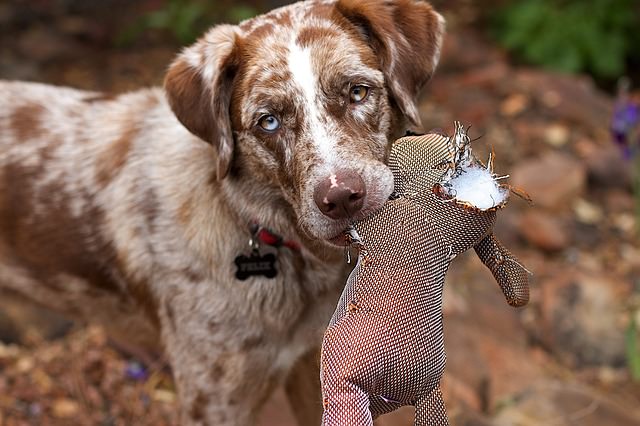 Shutterstock
ShutterstockIt’s one thing to halfheartedly pat your pup on the head as you breeze through the door with an armload of groceries; it’s quite another to set aside designated one-on-one time. No matter how busy your life is, it’s important to prioritize time to do something your dog enjoys. Whether it’s 10 minutes of fetch, a nice evening walk, or just cuddle time on the couch, a dog’s level of happiness depends on the attention they receive from their favorite humans.
Punishing Fearful Behavior
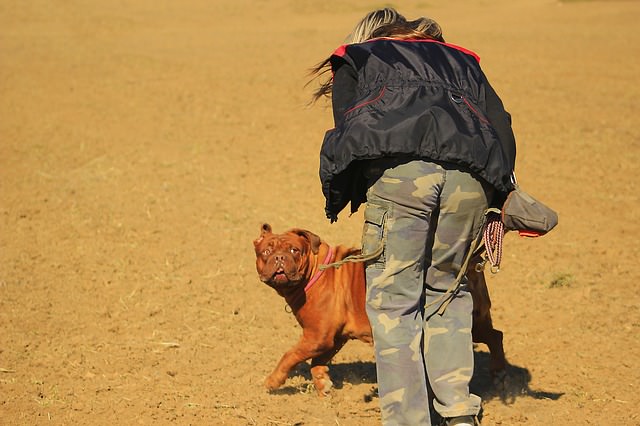 Shutterstock
ShutterstockCowering, raised hackles, flattened ears, tucked tails, and growling are all signs that your pup is uncomfortable in a particular situation. They need to be calmly and quietly removed from the upsetting stimulus at these times. Yelling and over-assertiveness on your part will only escalate the situation. Fearful behavior can often be mistaken for aggression in dogs and vice versa, so if this is an issue you are dealing with, contact a professional trainer.
Being Inconsistent With The Rules
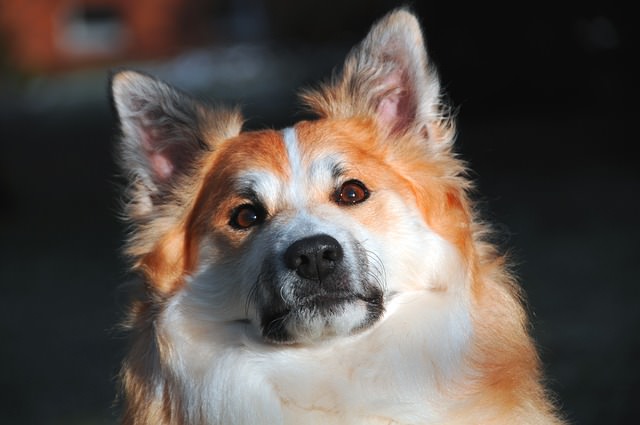 Shutterstock
ShutterstockWe are probably all guilty of this from time to time. It doesn’t matter whether you have one household rule for your dog or fifty. What does matter is remaining consistent. If sleeping on the furniture is a no-no, don’t decide to let your pup snuggle on the bed while you’re sick, then punish him the next day when he hops up for a nap! The same goes for leash-pulling, begging, and jumping up.
Using The Crate As A Punishment
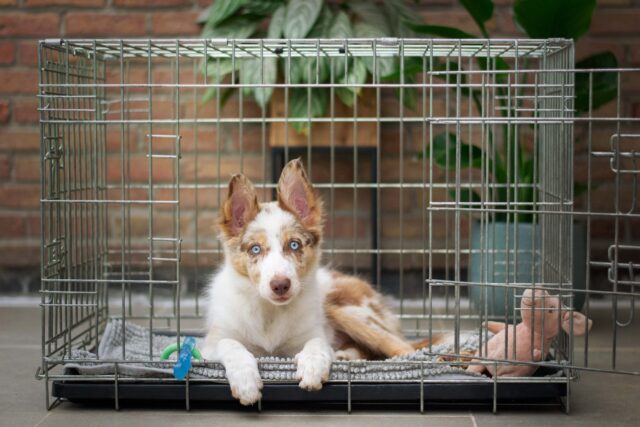 Shutterstock
ShutterstockCrates can be confusing to dogs if not used consistently. A crate is supposed to be a comfortable, safe space for dogs to rest in. Many dog parents use them when leaving their dogs alone. However, some families also put their dogs in the crate as a punishment, which contradicts the “safe space” mindset. Treating the crate as a punishment will only cause your dog to fear it instead of feeling comfortable.
Segregation From The Pack
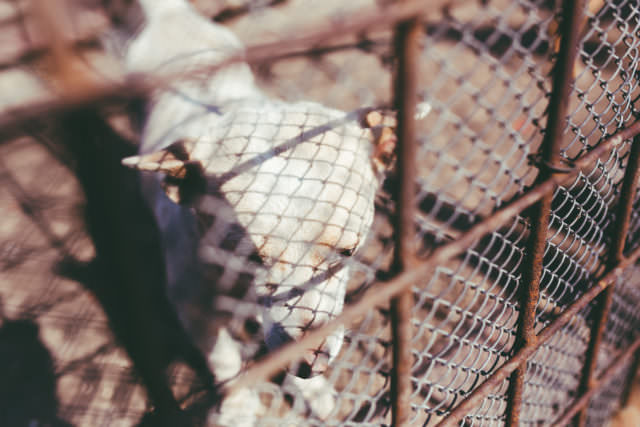 Shutterstock
ShutterstockThe one thing on earth that will hurt your dog more than anything else is keeping him away from his family. Remember, you are his whole world! Some owners are unable or unwilling to provide the necessary training dogs need to understand what is expected of them. These misunderstood pups are labeled “bad” and isolated to a kennel or backyard – possibly even abandoned.
Time for Some Serious Apology Cuddles!
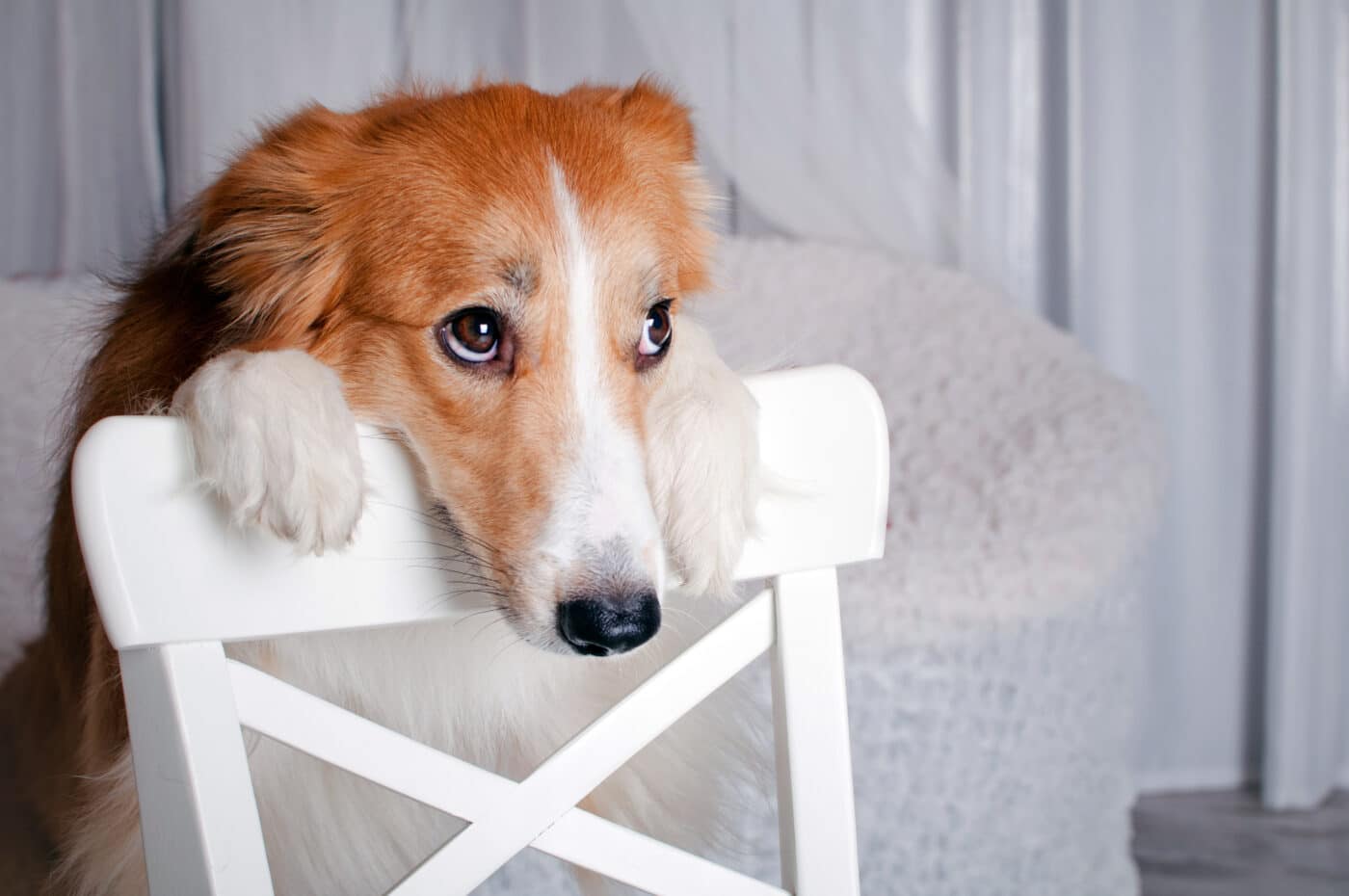 Shutterstock
ShutterstockDogs are incredibly devoted to making their humans happy. While treats, toys, and belly rubs are great, they crave your love, attention, and approval. Their world revolves around you and can be sensitive to your reactions. If you’re finding your dog’s behavior challenging or confusing, it’s essential to seek guidance from a professional, such as your veterinarian or an experienced dog trainer. Addressing behavior early helps ensure your dog stays happy and healthy and your bond remains strong and positive.

 1 week ago
9
1 week ago
9







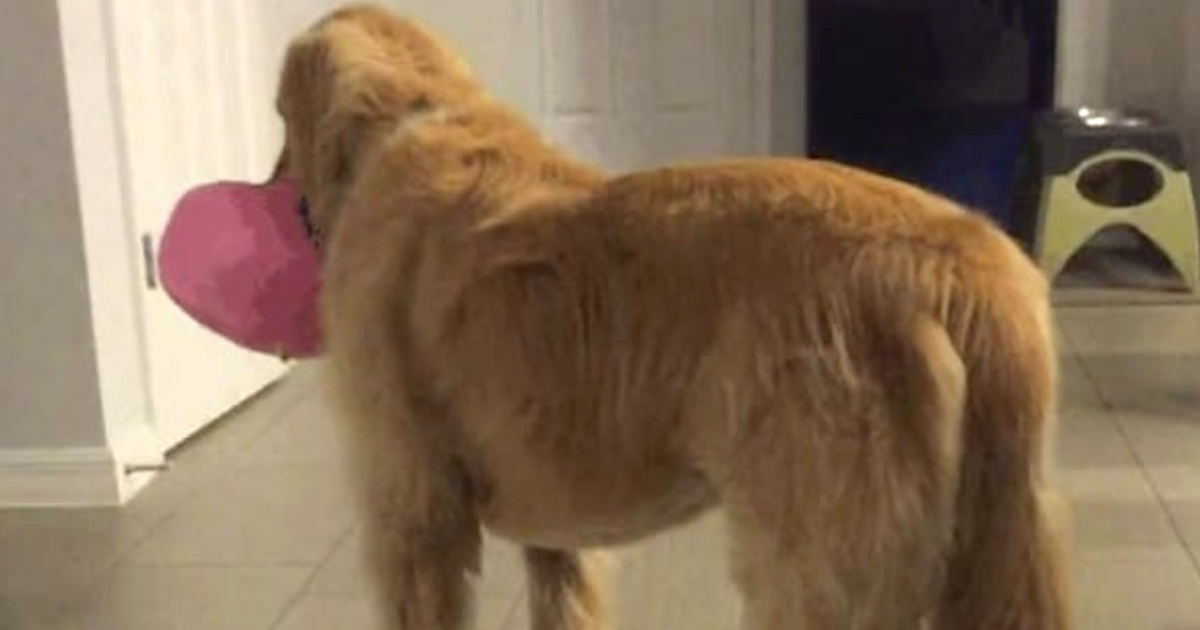









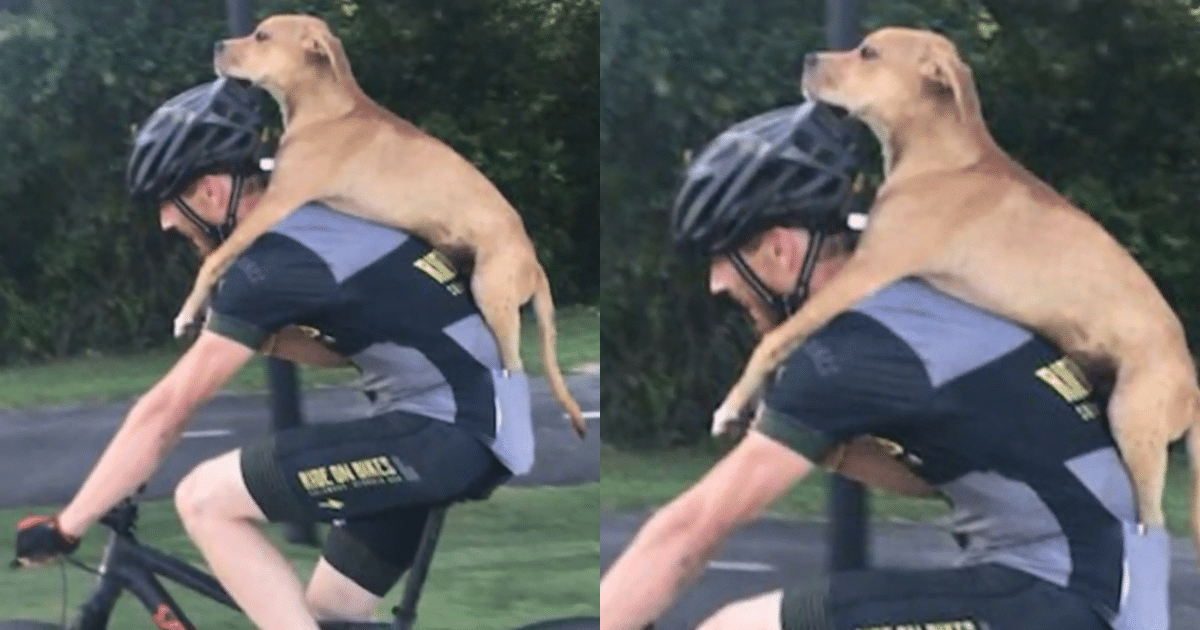
 English (US) ·
English (US) ·